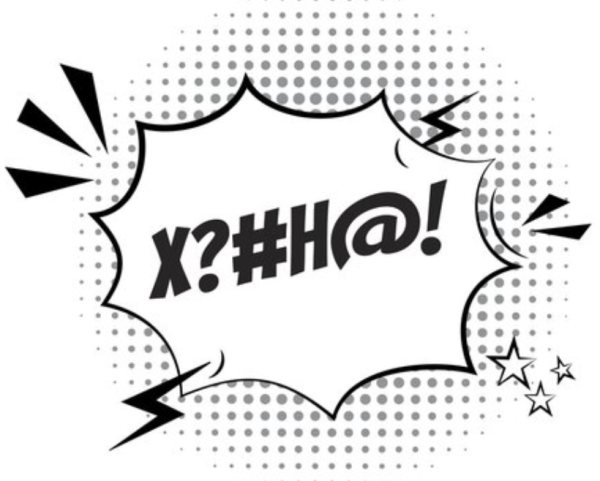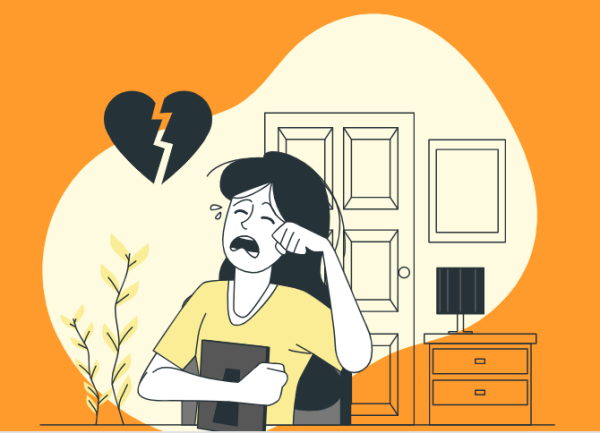End the uprise in disrespect to teachers from students

Image courtesy of Free SVG
A year and a half following the return to in-person schooling, the lingering effects of the pandemic’s learning loss still ring. With plunges in test scores and rising absenteeism, its quantitative impact is irrefutable. However, these learning gaps have also manifested in behavior. With the struggle to adapt to pre-pandemic standards, students are sacrificing their integrity by placing the blame of their shortcomings on undeserving teachers instead of taking personal accountability for their learning.
Students complaining is certainly not a new concept, but the extent to which these critiques have evolved is. They are no longer an expression of annoyance or frustration, but cruel and unjust judgment, often bordering on bullying. Any form of a challenge or inconvenience within the classroom is met with irksome student defiance. Far too common is anger from a test not being graded the day it was taken, outrage that an AP class actually has homework, or bad-mouthing a teacher because they didn’t give late credit for turning in the signed syllabus during finals week. These instances either indicate no sense of compassion for the teacher, student irresponsibility, or both. It is evident that a lack of empathy and evading accountability go hand and hand.
In addition to the pandemic, this emergence of disrespect stems from the surge in pressure placed on student performance. With the college admissions process becoming acutely competitive, the urgency to perform well in school is at its peak, garnering overwhelming tension and anxiety. When students struggle to cope with this looming benchmark of perfection, teachers too often take the misguided brunt of their frustrations. It is unfortunate that so much is demanded from students, but disheartening that the blame is placed on righteous teachers instead of the system responsible.
Criticism is certainly justified in many circumstances. When students are being treated unfairly or held to unreasonable standards, they deserve to advocate for themselves. An admirable trait unique to our generation is our openness to vocalize mental health struggles and rally behind changes that address them. However, it seems often we think of mental health only in regards to only our own age group, when in actuality, it is a crisis that impacts all. That is why being mindful of respecting and emphasizing with teachers, who are already severely underappreciated, is so essential. While making mistakes as a student is frustrating, and it is tempting to want to evade consequences by using a scapegoat, just remember: choosing to lash out in place of taking personal accountability comes at the expense of the teacher on the receiving end.
Empathy is a powerful tool accessible to all, yet is one of the most underutilized. In short, show compassion towards your teachers through extending patience and gratitude. This subsequently means being kinder to yourself; it is through making mistakes and taking accountability that personal growth prospers. By taking this route, the well-being of both teachers and students is supported, establishing a supportive learning environment for all.
Hello there! Our goal is to provide relavent, engaging journalism for readers of all ages. Your donation will support the student journalists of the Wolfpacket at Claremont High School, and will allow us to purchase equipment, print our monthly issues, and enter in journalism competitions. We appreciate your consideration!

Melina Tisopulos is a senior and the Editor-in-Chief of The Wolfpacket. Melina loves to write and intends on studying journalism or English in college....














